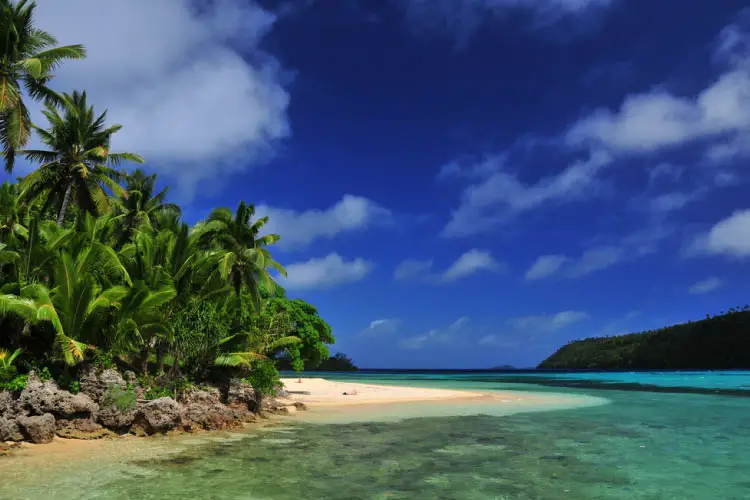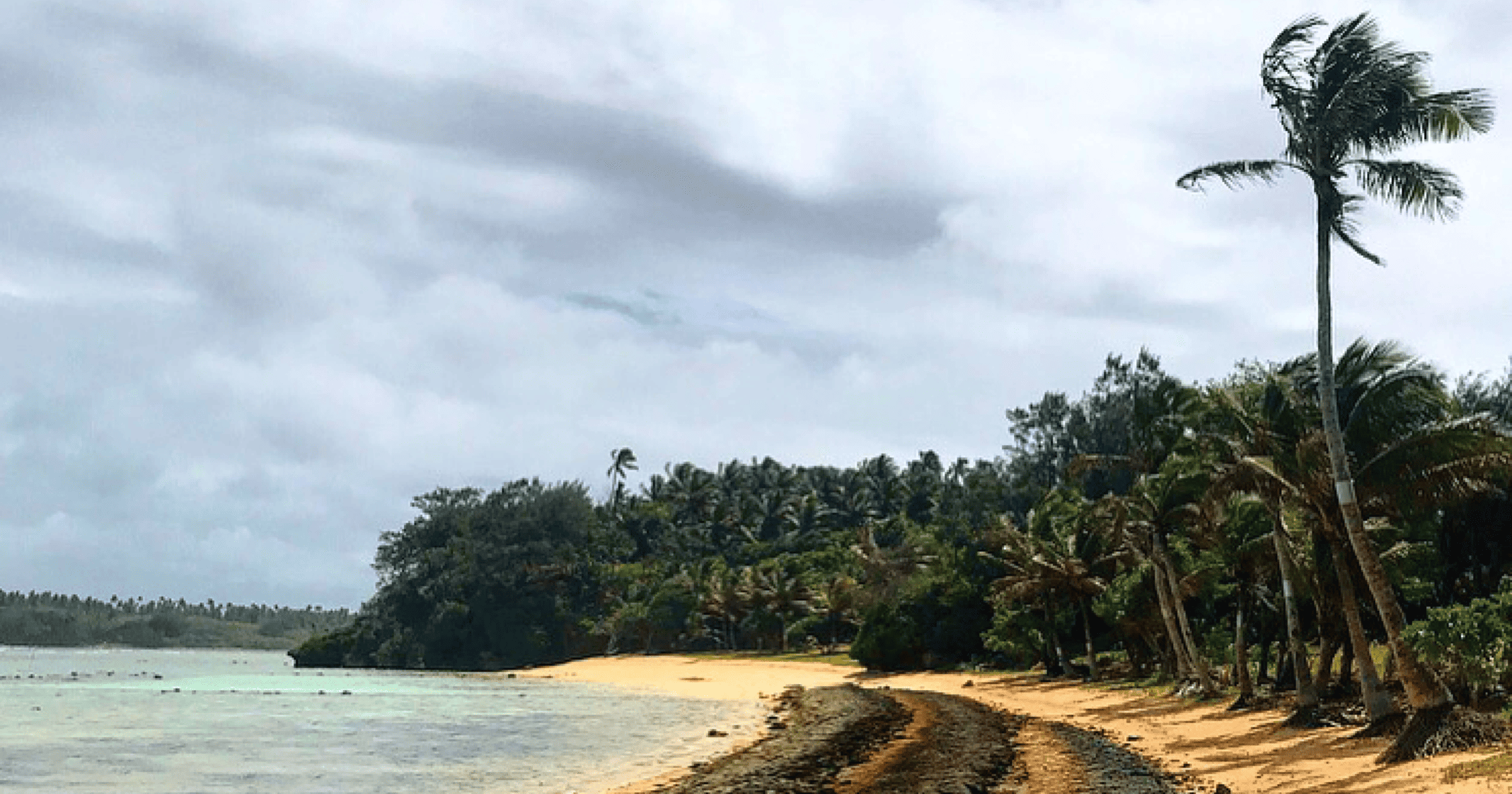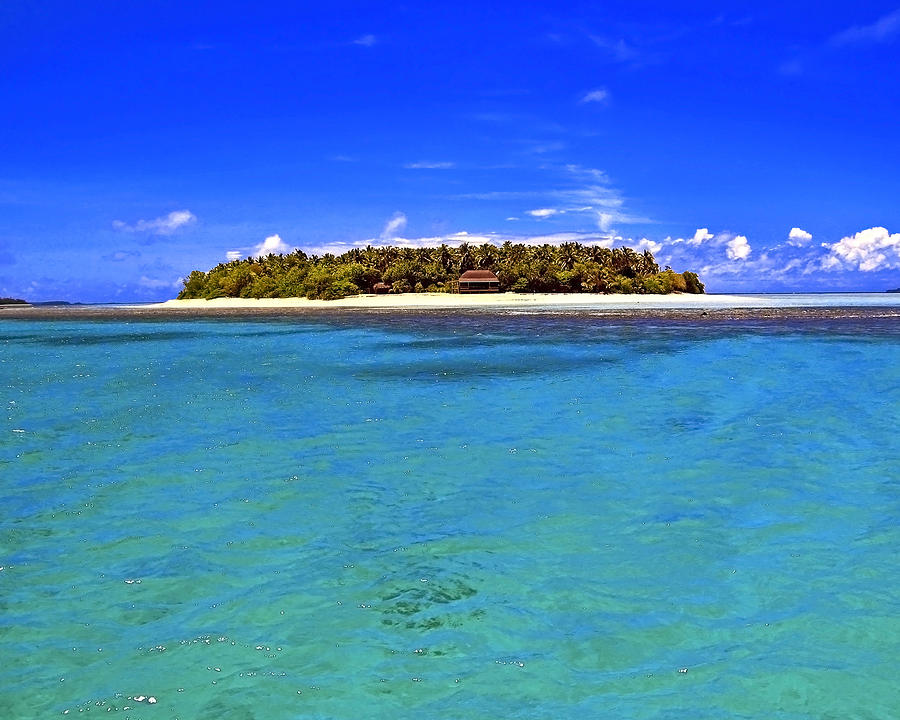Tonga: A Polynesian Paradise in the South Pacific
Related Articles: Tonga: A Polynesian Paradise in the South Pacific
Introduction
In this auspicious occasion, we are delighted to delve into the intriguing topic related to Tonga: A Polynesian Paradise in the South Pacific. Let’s weave interesting information and offer fresh perspectives to the readers.
Table of Content
Tonga: A Polynesian Paradise in the South Pacific

Tonga, a Polynesian archipelago nestled in the vast expanse of the South Pacific Ocean, is a nation of breathtaking beauty and rich cultural heritage. This island nation, often referred to as the "Friendly Islands," boasts a captivating history, diverse landscapes, and a unique cultural identity that draws visitors from around the globe.
Geographic Location and Topography:
Tonga’s strategic location in the southwest Pacific Ocean, approximately 1,800 kilometers (1,100 miles) northeast of New Zealand, defines its unique character. The archipelago comprises over 170 islands and islets, of which only 36 are inhabited. These islands can be broadly categorized into three distinct groups:
- Tongatapu: The largest and most populous island, Tongatapu, serves as the nation’s capital and is home to the majority of the population. Known for its fertile plains, lush vegetation, and the iconic Blowholes, Tongatapu offers a glimpse into traditional Tongan life.
- Ha’apai: This group of islands, located north of Tongatapu, is characterized by its volcanic origins and stunning coral reefs. The Ha’apai islands are renowned for their pristine beaches, crystal-clear waters, and diverse marine life, making them a haven for scuba diving and snorkeling enthusiasts.
- Vava’u: Situated further north, Vava’u is an archipelago of breathtaking volcanic islands and lagoons. The region is renowned for its breathtaking beauty, with towering cliffs, lush forests, and secluded beaches. Vava’u’s stunning underwater landscapes attract divers from around the world, seeking to explore its vibrant coral reefs and diverse marine life.
History and Culture:
Tonga’s history is deeply intertwined with its Polynesian heritage. The islands were settled by Polynesian voyagers centuries ago, who established a thriving society based on agriculture, fishing, and a rich cultural tradition.
The Kingdom of Tonga, established in the 10th century, was the first Polynesian state to achieve national unity and centralized government. The islands witnessed the rise and fall of powerful dynasties, leaving behind a legacy of intricate social structures, traditional arts, and unique customs.
Tonga’s culture is a vibrant tapestry woven from generations of tradition and contemporary influences. The nation’s rich cultural heritage is evident in its traditional music, dance, crafts, and ceremonies.
- Me’a Tonga: This traditional form of music and dance is an integral part of Tongan life, often performed at weddings, funerals, and other significant occasions.
- Lapis: A traditional Tongan craft, Lapis involves weaving intricate mats from pandanus leaves, showcasing the skill and artistry of Tongan artisans.
- Tongan Language: The Tongan language, a Polynesian language with a unique alphabet and grammar, is a testament to the nation’s rich cultural heritage.
Economy and Development:
Tonga’s economy primarily relies on agriculture, fishing, and tourism. The nation’s fertile volcanic soils support the cultivation of crops like taro, yams, bananas, and coconuts. Fishing is a vital part of the economy, providing sustenance and income for many communities.
Tourism plays an increasingly significant role in Tonga’s economy, drawing visitors from around the world who seek to experience the islands’ natural beauty, cultural heritage, and warm hospitality. The nation’s pristine beaches, diverse marine life, and unique cultural experiences offer a captivating travel destination.
Environmental Significance:
Tonga’s islands and surrounding waters are of immense environmental significance. The nation’s coral reefs are vital ecosystems supporting a diverse array of marine life, while its forests play a crucial role in mitigating climate change.
- Coral Reefs: Tonga’s coral reefs are a critical component of the Pacific Ocean’s biodiversity, supporting a wide range of marine species, including fish, invertebrates, and sharks.
- Marine Protected Areas: The Tongan government has established a network of marine protected areas to safeguard the nation’s marine resources and promote sustainable development.
- Forests: Tonga’s forests play a vital role in absorbing carbon dioxide, contributing to the global effort to combat climate change.
Challenges and Opportunities:
Tonga faces several challenges, including its geographic isolation, dependence on foreign aid, and vulnerability to climate change.
- Geographic Isolation: Tonga’s remote location presents significant challenges for trade, transportation, and communication.
- Economic Vulnerability: The nation’s economy is susceptible to external shocks, such as natural disasters and global economic fluctuations.
- Climate Change: Tonga’s low-lying islands are highly vulnerable to the impacts of climate change, including rising sea levels, more frequent storms, and ocean acidification.
Despite these challenges, Tonga also presents numerous opportunities for sustainable development. The nation’s abundant natural resources, cultural heritage, and strategic location offer potential for economic growth and social progress.
Tonga’s Importance in the World:
Tonga’s significance extends beyond its captivating landscapes and cultural heritage. The nation plays a crucial role in regional and global affairs, contributing to the preservation of Polynesian culture, promoting sustainable development in the Pacific, and contributing to global efforts to address climate change.
- Cultural Ambassador: Tonga serves as a cultural ambassador for Polynesian heritage, showcasing the region’s unique traditions, languages, and arts.
- Pacific Island Voice: The nation actively participates in regional organizations and forums, advocating for the interests of Pacific island nations.
- Climate Change Advocate: Tonga is a vocal advocate for global action on climate change, highlighting the urgent need to address the threats posed to small island nations.
FAQs:
Q: What is the best time to visit Tonga?
A: Tonga enjoys a tropical climate with warm temperatures year-round. The best time to visit is during the dry season, from April to November, when the weather is sunny and dry, perfect for exploring the islands and enjoying outdoor activities.
Q: What are the main attractions in Tonga?
A: Tonga offers a wealth of attractions for visitors, including:
- Blowholes: These dramatic natural formations on Tongatapu Island offer a stunning display of water erupting from the cliffs.
- Ha’apai Islands: These volcanic islands boast pristine beaches, crystal-clear waters, and diverse marine life, perfect for swimming, snorkeling, and diving.
- Vava’u Archipelago: This region offers stunning volcanic islands, lagoons, and underwater landscapes, attracting divers and nature enthusiasts.
- Traditional Villages: Visiting traditional Tongan villages provides a glimpse into the nation’s rich cultural heritage, offering insights into local customs and way of life.
Q: What are the visa requirements for visiting Tonga?
A: Most visitors require a visa to enter Tonga. The exact requirements vary depending on nationality. It is recommended to check with the Tongan Embassy or Consulate in your country for the latest information.
Q: What is the currency of Tonga?
A: The official currency of Tonga is the Tongan Pa’anga (TOP). However, major credit cards are widely accepted in tourist areas.
Tips for Visiting Tonga:
- Respect Local Customs: Tongan culture places great emphasis on respect and politeness. It is essential to dress modestly when visiting churches or traditional villages.
- Learn Basic Tongan: While English is widely spoken, learning a few basic Tongan phrases can enhance your experience and show respect for the local culture.
- Embrace the Slow Pace of Life: Tongan life moves at a slower pace, so be prepared to relax and enjoy the island rhythm.
- Support Local Businesses: Patronize local businesses and markets to contribute to the Tongan economy and experience the authenticity of the island culture.
Conclusion:
Tonga, a Polynesian paradise in the South Pacific, is a nation of breathtaking beauty, rich cultural heritage, and immense environmental significance. The islands offer a unique blend of traditional culture, stunning landscapes, and warm hospitality, attracting visitors from around the world. While facing challenges related to its geographic isolation, economic vulnerability, and climate change, Tonga presents opportunities for sustainable development and plays a crucial role in regional and global affairs.







![HOW TO VISIT PARADISE TONGA [Video] South pacific travel, Tonga](https://i.pinimg.com/736x/e0/f7/dc/e0f7dc651b43f6f693a4a3eab8acbb8c.jpg)
Closure
Thus, we hope this article has provided valuable insights into Tonga: A Polynesian Paradise in the South Pacific. We appreciate your attention to our article. See you in our next article!